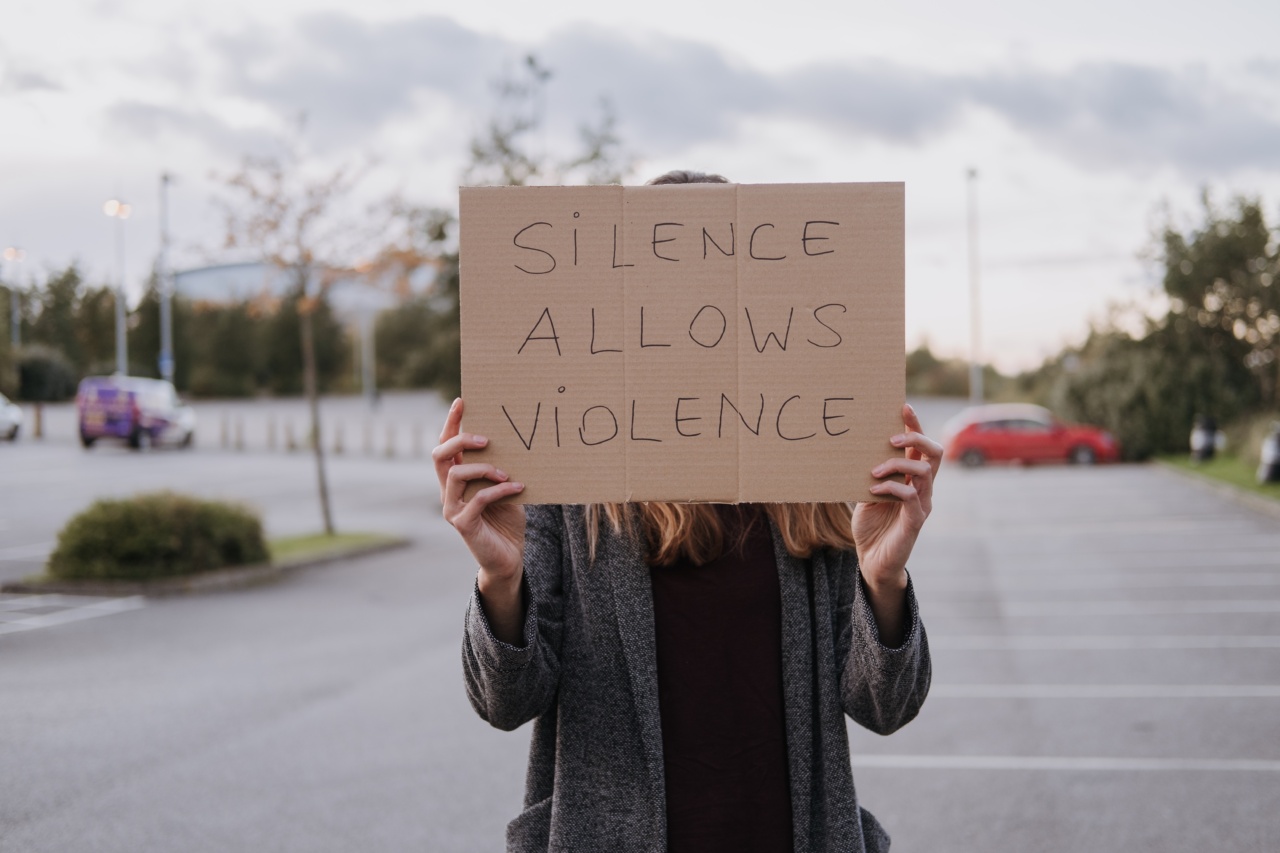We all have our own abilities to cope with stress and emotions, but what happens when we consistently choose to suppress them? Bottling up our feelings and hiding our pain may seem like the easy way out, but the consequences can be devastating for our mental, physical, and emotional health.
The Psychology of Hiding Pain
Experiencing pain is a natural part of human existence, but sharing that pain and vulnerability with others can be daunting. It’s easy to feel embarrassed or ashamed of our struggles, or fear that others will judge us for them.
As a result, many of us opt to hide our pain, even from those closest to us. But what are the long-term effects of this pattern of suppression?.
According to psychotherapist Lisa Ferentz, suppressing emotional pain can lead to feelings of depression, low self-esteem, and an overall sense of disconnection from others.
She explains that long-term suppression can also hurt our ability to experience joy, because we’re essentially blocking out a significant portion of our emotions.
In addition to mental health effects, hiding pain can also have physical consequences.
Research has shown that chronic stress, caused by prolonged periods of holding in emotions, can lead to high blood pressure, heart disease, and other physical ailments.
The Harmful Cycle of Suppression
Hiding pain can become a vicious cycle in which avoiding emotions only leads to more difficulty expressing them. The more we suppress our feelings, the less comfortable we become with the idea of sharing them, and the more isolated we feel.
This isolation can lead to even more mental health concerns, such as anxiety and panic attacks.
The cycle of suppression can also be harmful to our relationships, both personal and professional. When we’re unable to communicate our feelings effectively, it can prevent us from connecting with others and building strong relationships.
Over time, this can result in feelings of loneliness and isolation, which can be harmful to both our mental and physical health.
The Benefits of Sharing Pain
While it can be scary to confront our emotions and share our pain with others, doing so can have numerous benefits. For starters, sharing our struggles can help us gain perspective and process our emotions in a healthier way.
It can also help us feel less alone, as we realize that others experience similar struggles and hardships.
Communicating with others about our pain also allows us to build stronger relationships and develop a support system. When we’re honest and open with those around us, we create trust and mutual understanding.
In turn, this can lead to increased feelings of happiness and overall wellbeing.
Breaking the Cycle
If you’re someone who tends to hide their pain and emotions, know that there are ways to break the cycle. One strategy is to start small, by sharing your feelings with someone you trust and feel comfortable with.
This could be a therapist, supportive friend or family member, or even a support group.
Another helpful tip is to get in touch with your emotions by practicing mindfulness and self-reflection. Journaling your thoughts and feelings, or meditating regularly can help you better understand the causes of your pain and how to address them.
It’s also important to give yourself permission to feel your emotions, without judgment or criticism.
Recognizing that it’s okay to experience pain and that vulnerability is a sign of strength can help you become more comfortable with expressing yourself.
Conclusion
Suppressing pain and hiding emotions may seem like an effective coping strategy in the short-term, but it comes with long-term physical and mental health consequences.
By sharing our struggles with others, we can gain perspective, build stronger relationships, and ultimately lead more fulfilling lives. If you’re struggling with suppressing your emotions, don’t hesitate to reach out for help. There are resources and strategies available to help break the cycle and start living a more authentically emotional life.






























